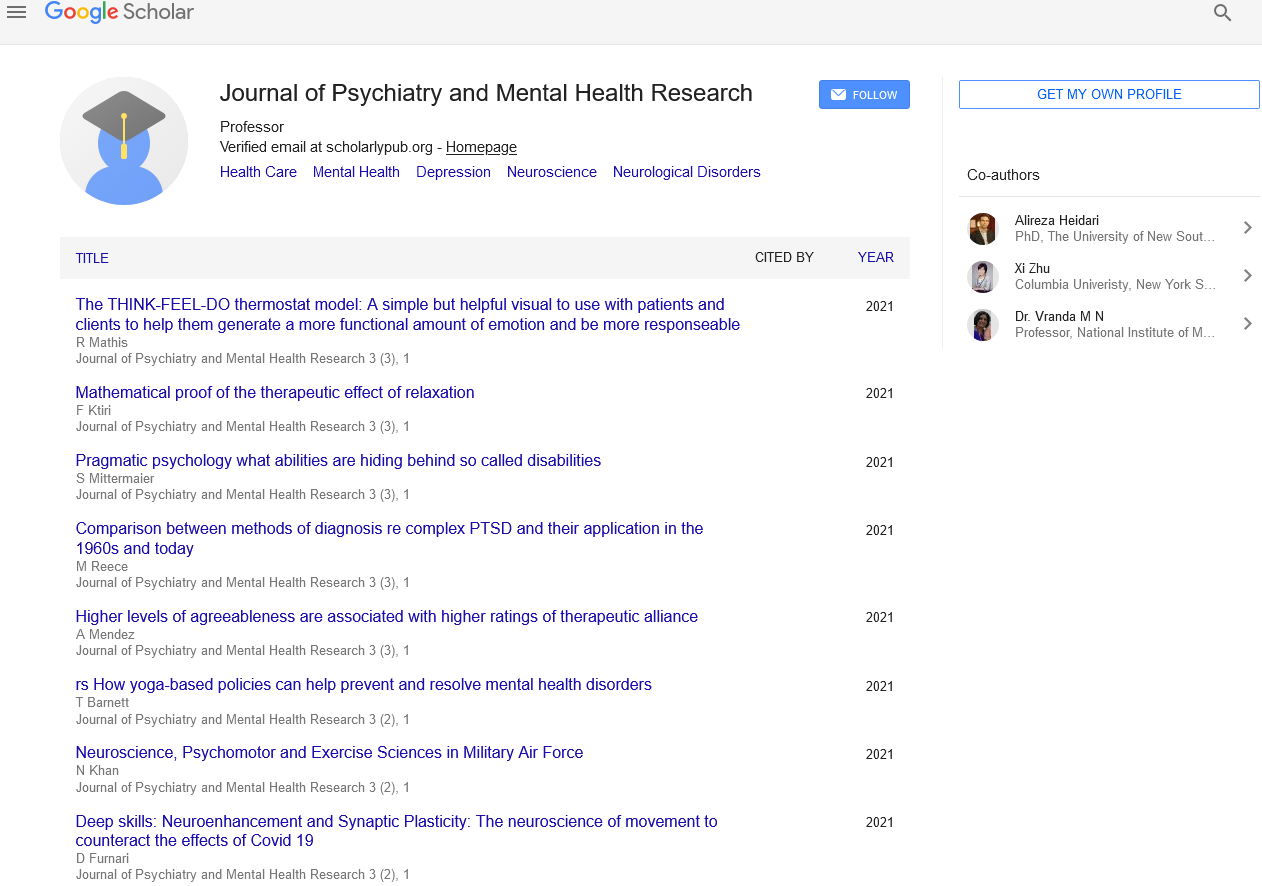
Sign up for email alert when new content gets added: Sign up
CKTTD immune checkpoint inhibitors prognostic survival signature for lower-grade glioma
Webinar of 3rd World Congress on Mental Health & 8th International Conference on Brain Disorders and Therapeutics
February 03, 2022 | Webinar
Murad Al-Nusaif
Dalian Medical University, China
Posters & Accepted Abstracts: J Psychiatry & Mental Health Research
Abstract :
Background: There are significant gaps in our understanding of the pathogenesis of glioma and how to treat it clinically. One of the substantial gaps is effectively treating low-grade glioma (WHO II and III-LGG) to increase survival and decrease the progression to high-grade glioma (WHO IV). Although patients with LGG have a better prognosis than those with high-grade gliomas, all LGG progress to high-grade glioma and death. Genomics has a scarcity that compiles all immuno-oncology targets for translational research and drug discovery for early stages of cancers. Our study reveals a new gene survival prognostic model from recent immune checkpoint inhibitor (ICIs) databases for glioma cancer. Methods: The Cancer Genome Atlas TCGA transcriptomic analysis and matching ICIs genes from the checkpoint therapeutic target database (CKTTD) identify new particular ICI gene signatures for LGG survival analyses. Analysis by using the survival package in R software. A deep genetic and cellular network prediction model was also developed. Results: CKTTD showed significant Cox regression for overall survival with adjusted clinical variables in low-grade glioma. 10 ICI genes were supposed to be as risk gene signatures (considered only P-value ≤0.001) in LGG; these genes have higher sensitivity testing in one, three, and fifth-year AUC (89%, 86%, and 75%). We further investigated the prediction of the resulting gene by a novel nomogram, which highly detected the risk of death. CCR5 gene expression was significantly associated with grading in LGG patients. Additional validation of CCR5 from GEO was obtained as external validation. CCR5 gene was investigated by a novel nomogram, which highly detected the risk of death and associated grade. Immune cells subpopulation infiltration revealed a highly significant correlation with risk signature. Conclusion: The ICIs risk score model, which consists of a series of biomarkers, can predict the prognosis of LGG patients and serve as the foundation for implementing targeted immunotherapy approaches. Future studies are necessary to test the clinical usefulness of biomarkers and target therapy for LGG.




